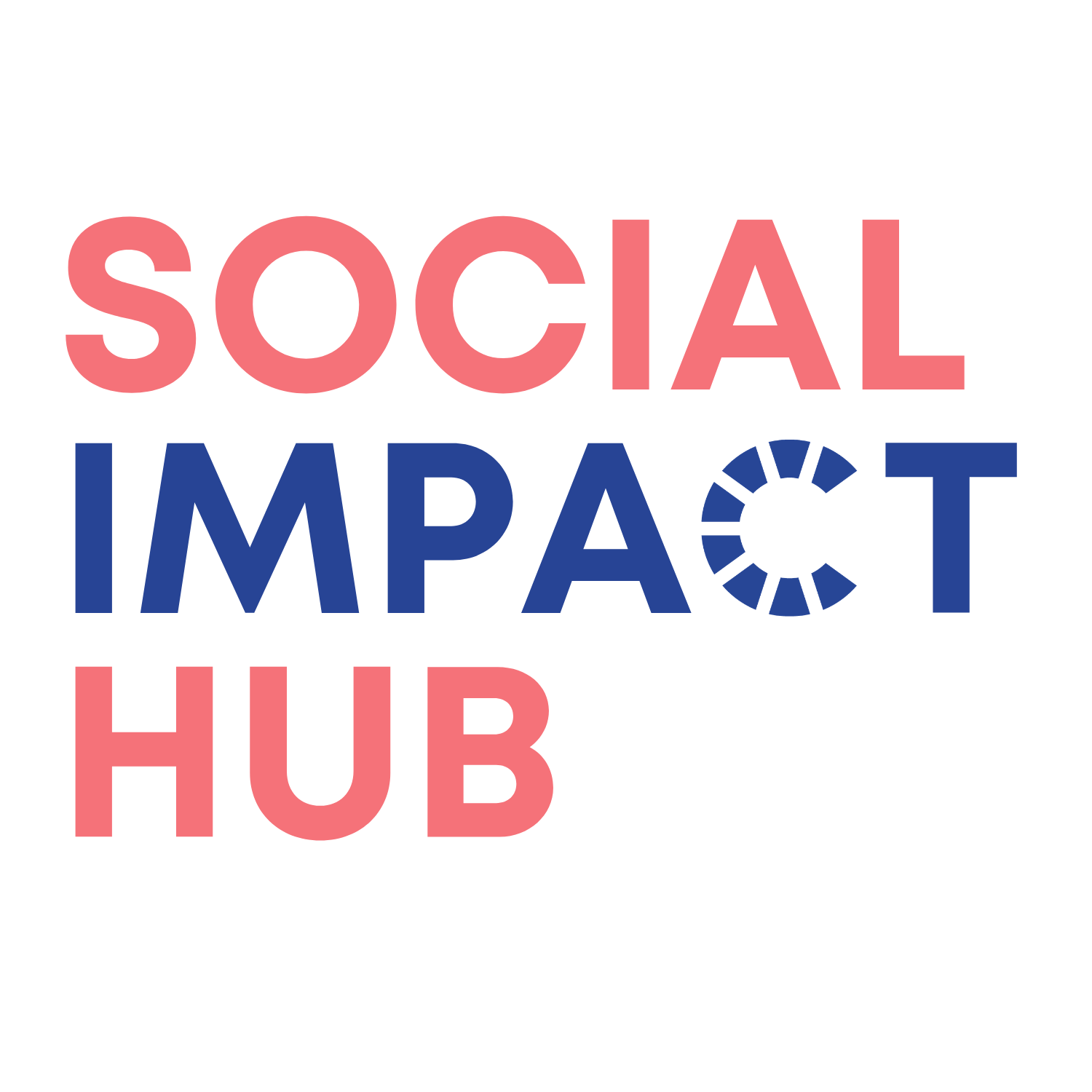What is Impact Investing?
Impact investing is an investment approach that intentionally seeks to achieve positive social or environmental impact that is measured while also generating financial returns. According to the Global Impact Investing Network (GIIN), the global impact investment market is worth an estimated US$712 billion (GIIN, 2020), representing a sizable and growing market.
The impact investment market provides capital to organisations seeking to address social or environmental challenges in various sectors such as conservation, housing, healthcare, education and renewable energy to name a few. Impact investing can mobilise private capital toward addressing social challenges. This ensures public funding, especially non-returnable grant funding, is only used where it is needed most.
Social enterprises typically seek impact investment when they wish to grow and scale their businesses. The capital, advice and support received through impact investment can help social enterprises ensure they can meet market demand, as well as deliver long term benefits for society as a whole.
Examples of companies who have received impact investment in Australia (and have been supported by Social Impact Hub to do so) include: Xceptional, a leading technology platform that advocates for and harnesses the strengths of people on the autism spectrum, securing them meaningful business technology, engineering and accounting roles; Careseekers, which helps families find affordable in-home care for their loved ones living with a disability or in the latter years of their life; and AbilityMade, which helps people secure custom-made ankle-foot orthoses that they need. While there has been significant growth and development of the Australian social impact investing market in the last decade and a number of successful case study examples, it is still at a relatively early stage and is still referred to as a 'cottage industry' by some.
How does it work?
Impact investment can be provided by traditional financial institutions, fund managers, development finance institutions, pension funds and insurance companies, NGOs, government and impact-driven individuals, family offices or foundations. In addition to capital, some investors also provide advisory and strategic support, or coaching and access to networks.
In addition to traditional types of capital like debt and equity, new financial instruments for impact investment are constantly emerging. One such example is Benefits Outcomes Linked Debt (BOLD), . This is a loan designed to reward businesses for delivering outcomes that benefit society and the environment. As the business delivers on agreed social outcomes, the loan amount payable is reduced.
The emergence of impact investing has challenged the perception that social and environmental issues should be funded solely through philanthropic and government avenues. By offering expertise and capital, impact investors align themselves with entrepreneurs to take on socially beneficial projects overlooked by traditional corporations. In doing so, impact investing fosters a positive long-term impact in society.
If you're looking to raise capital and scale your impact, and want to better understand where you’re at on the investment ready journey, book an Impact Investment Ready Diagnostic session. To express your interest and learn more, contact Mia Sturrock (Collaboration Manager) at mia@socialimpacthub.org.
Written by: Gabe Wilensky and Josh Novis, UNSW students participating in the Social Entrepreneurship Practicum
